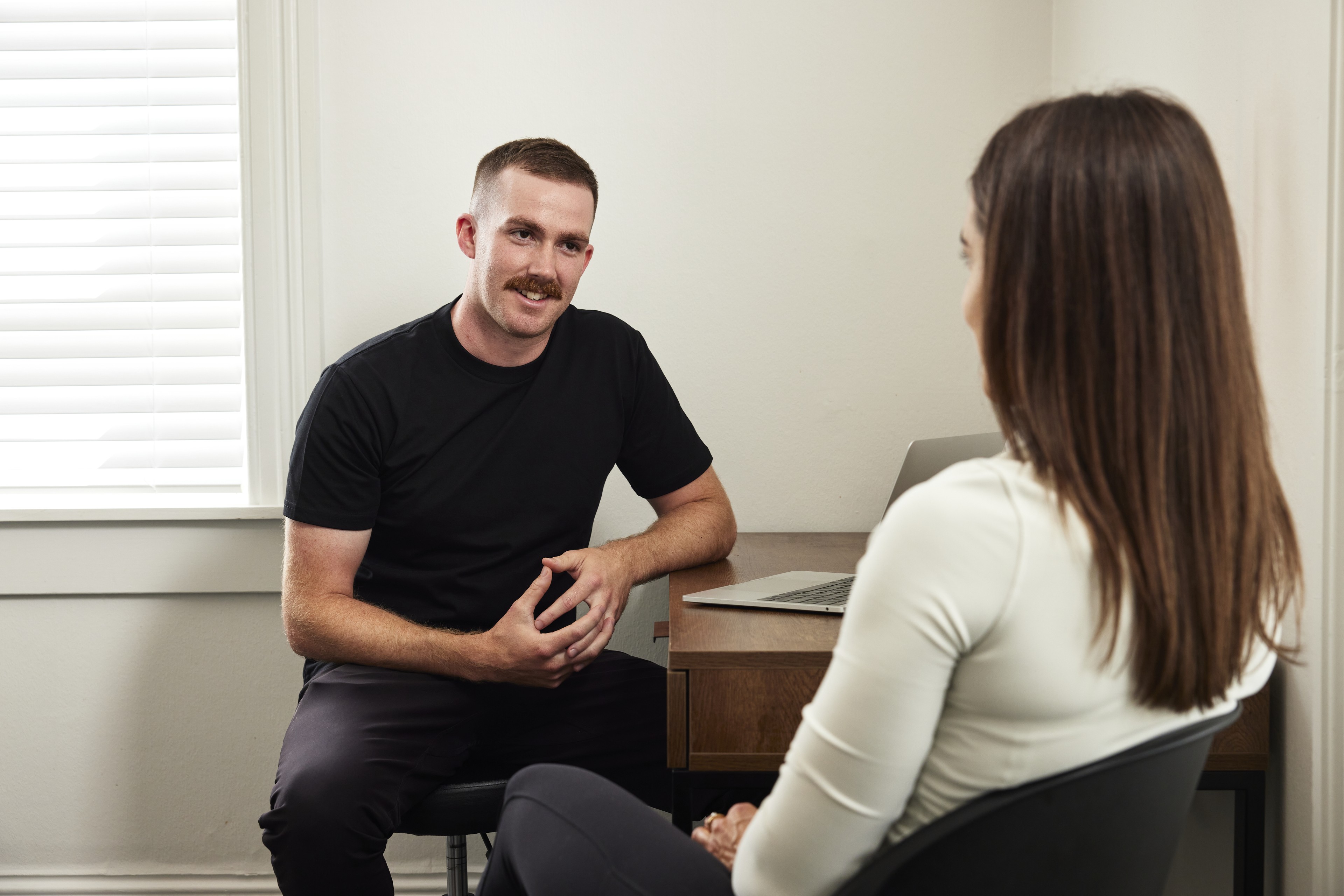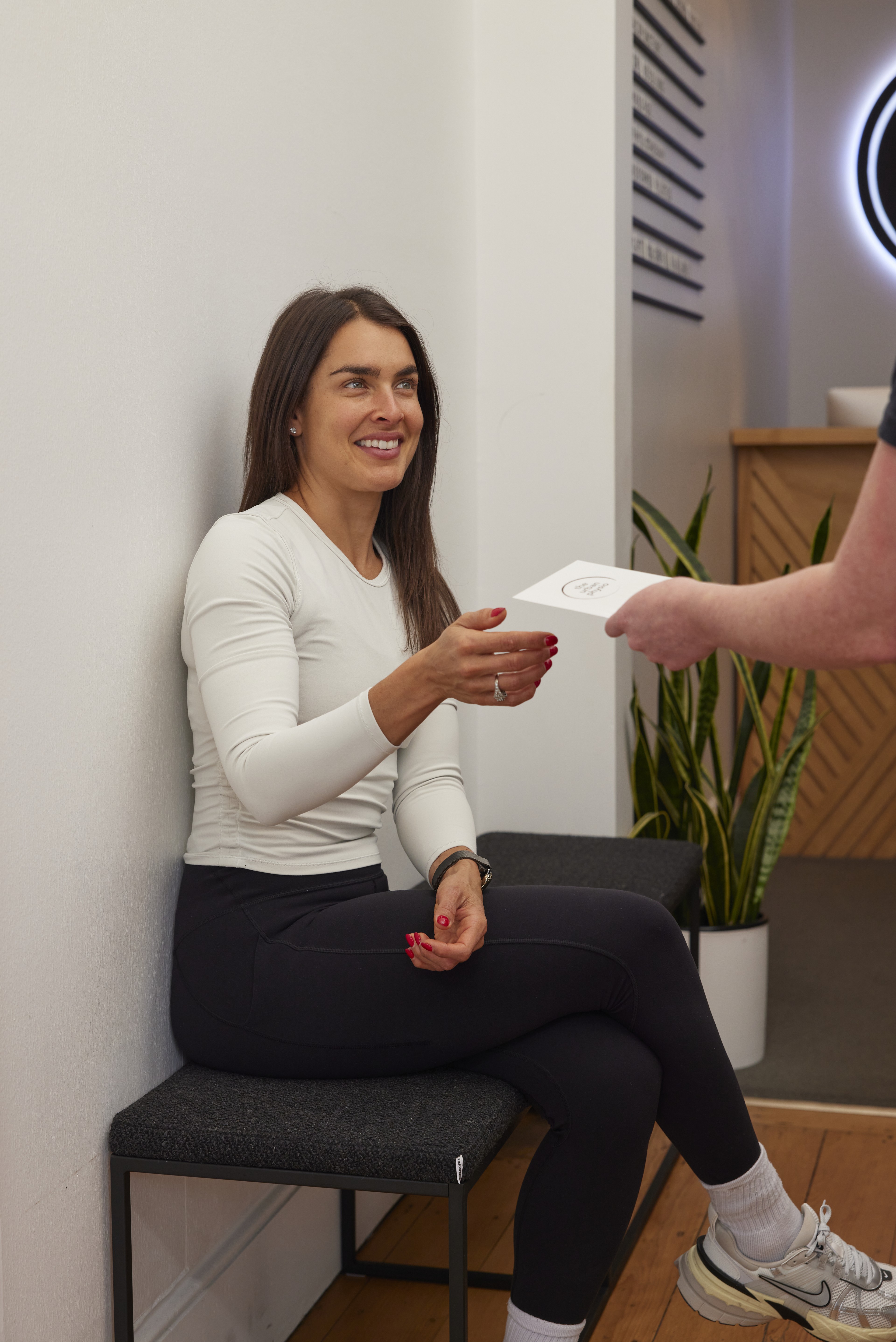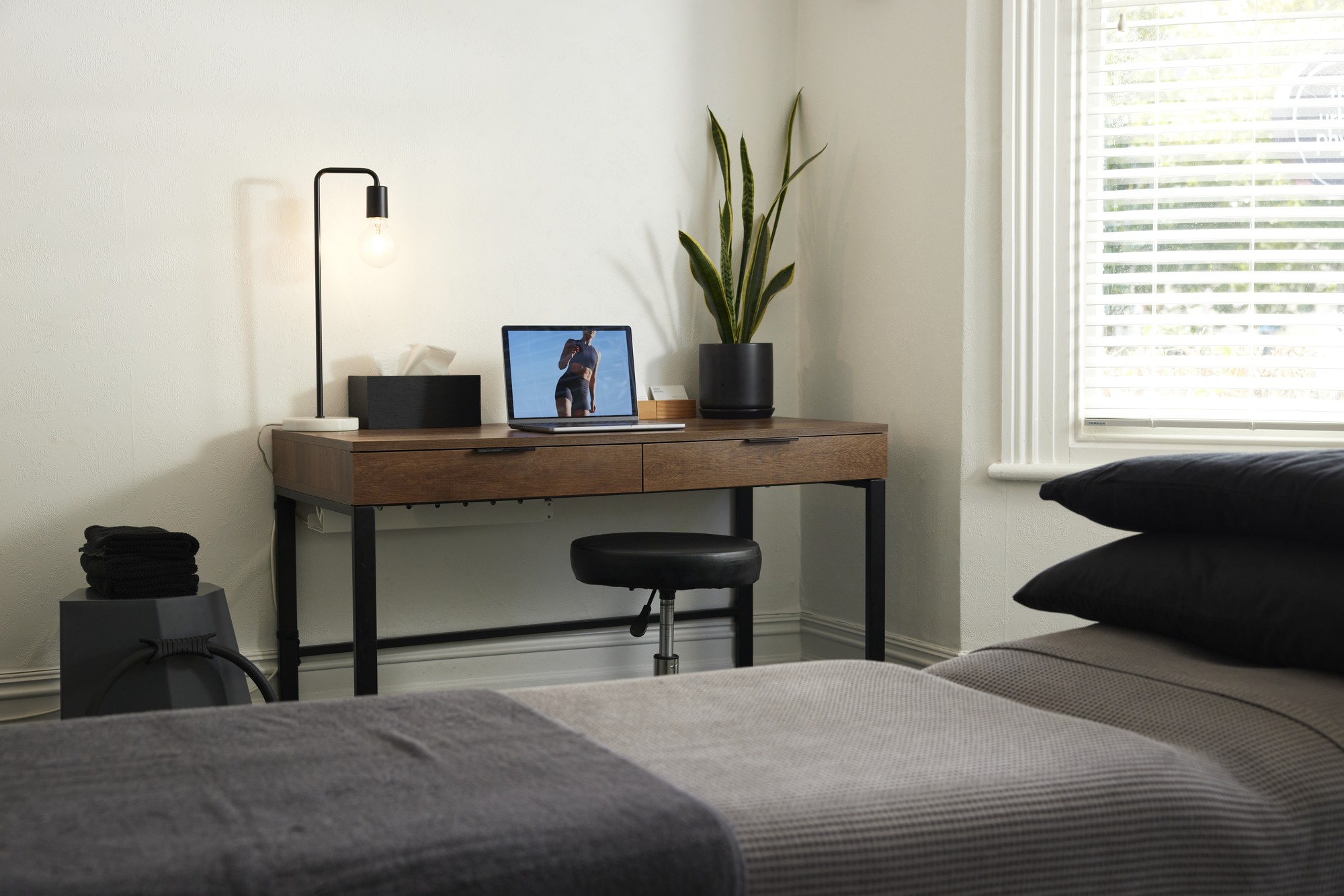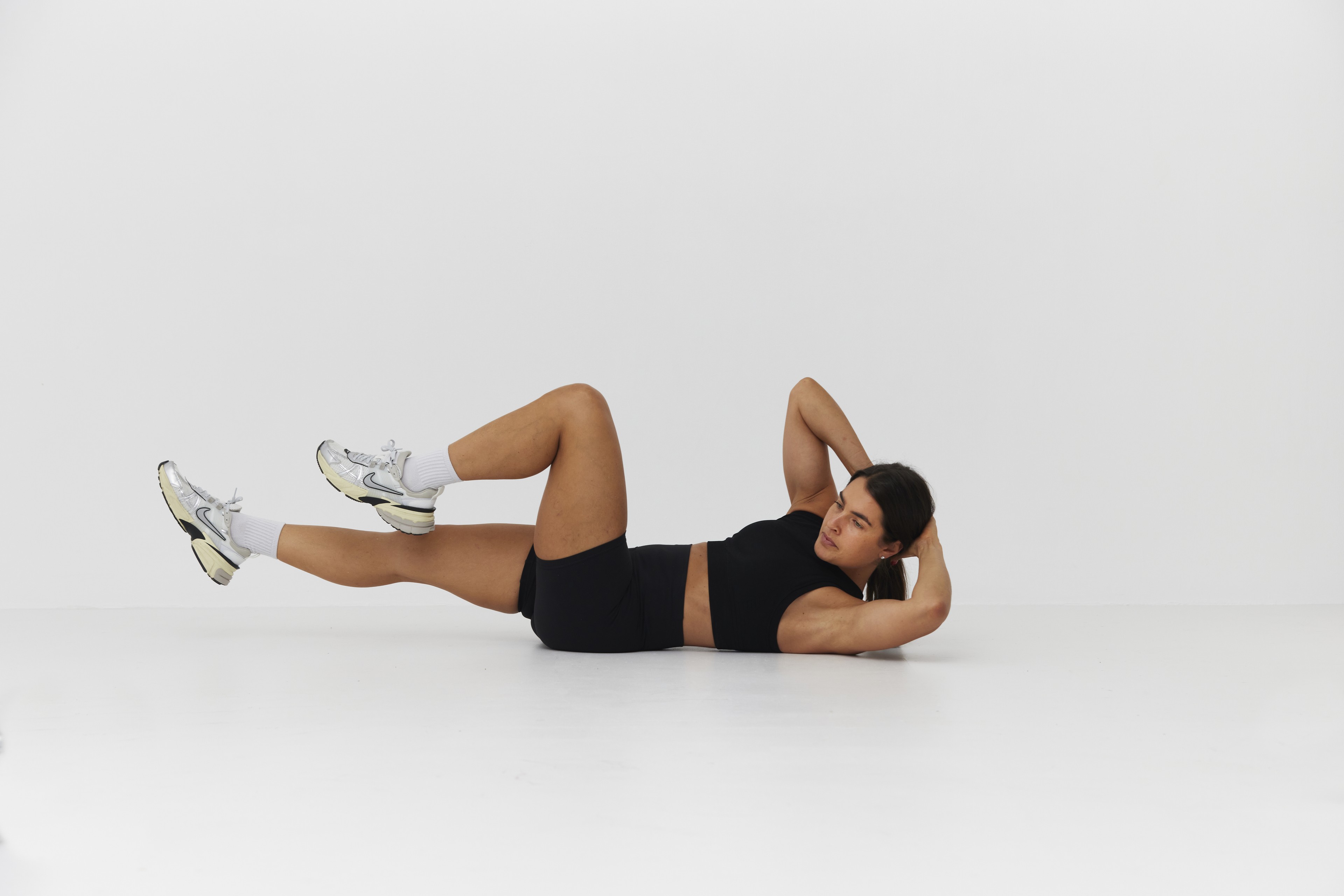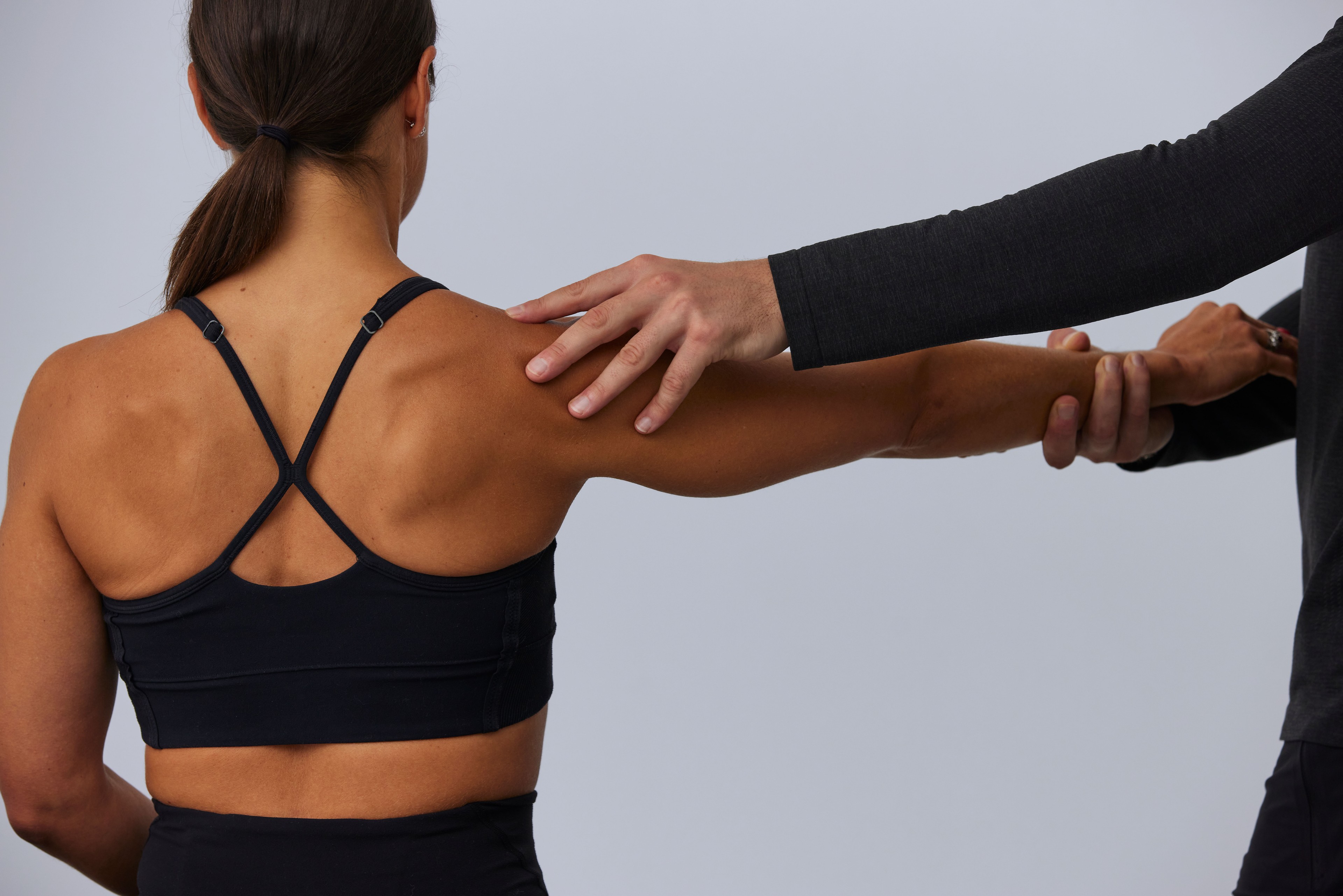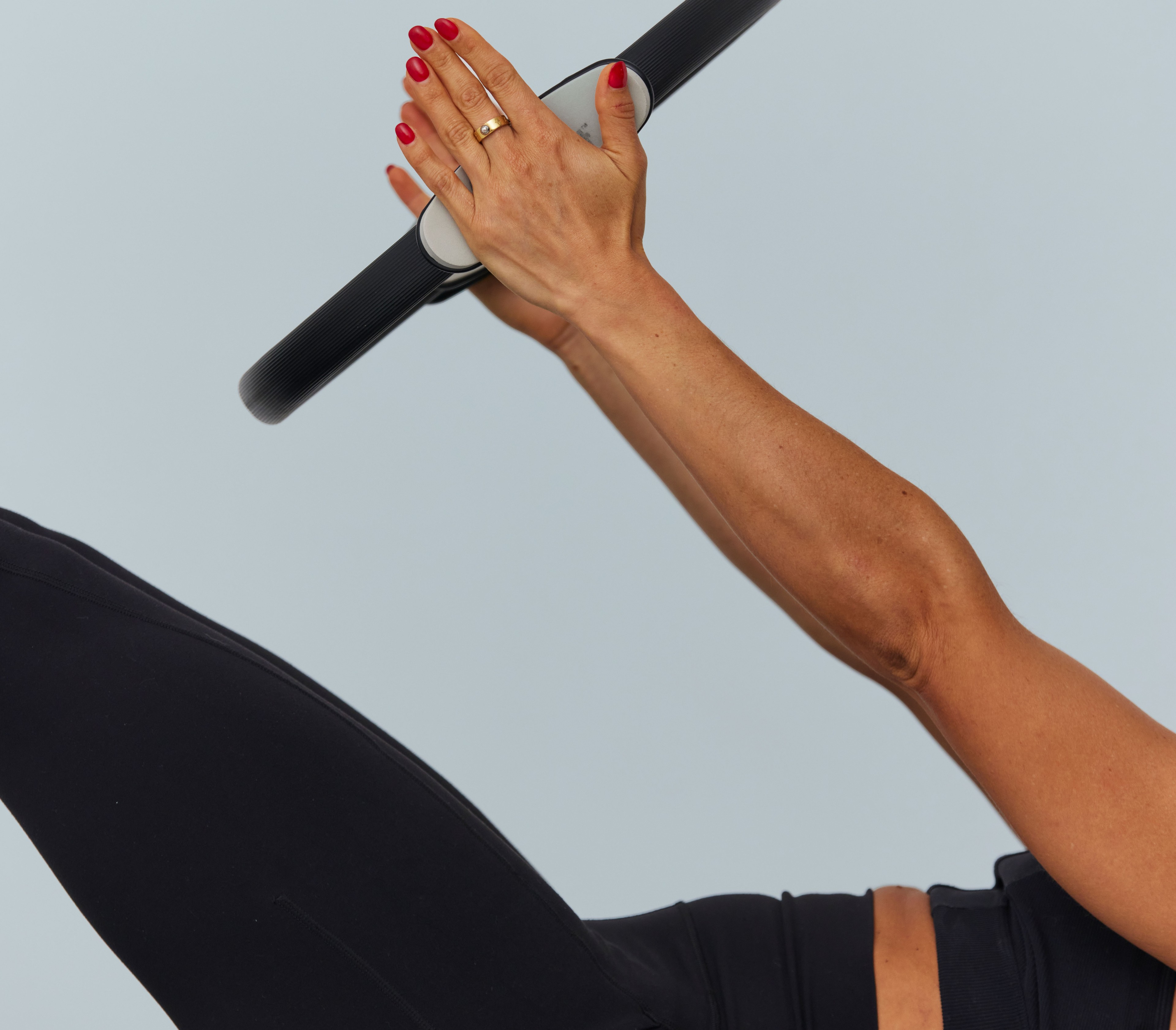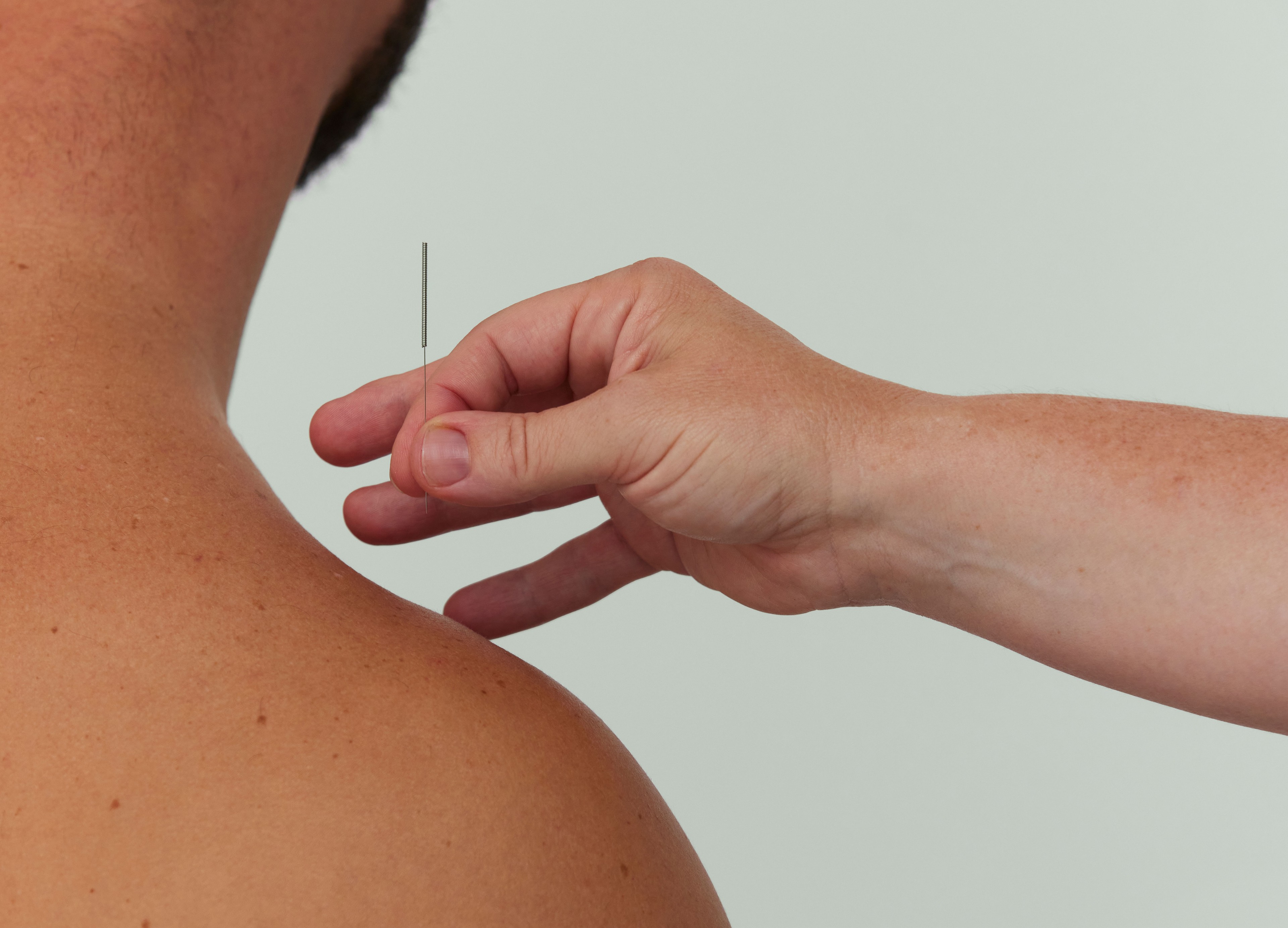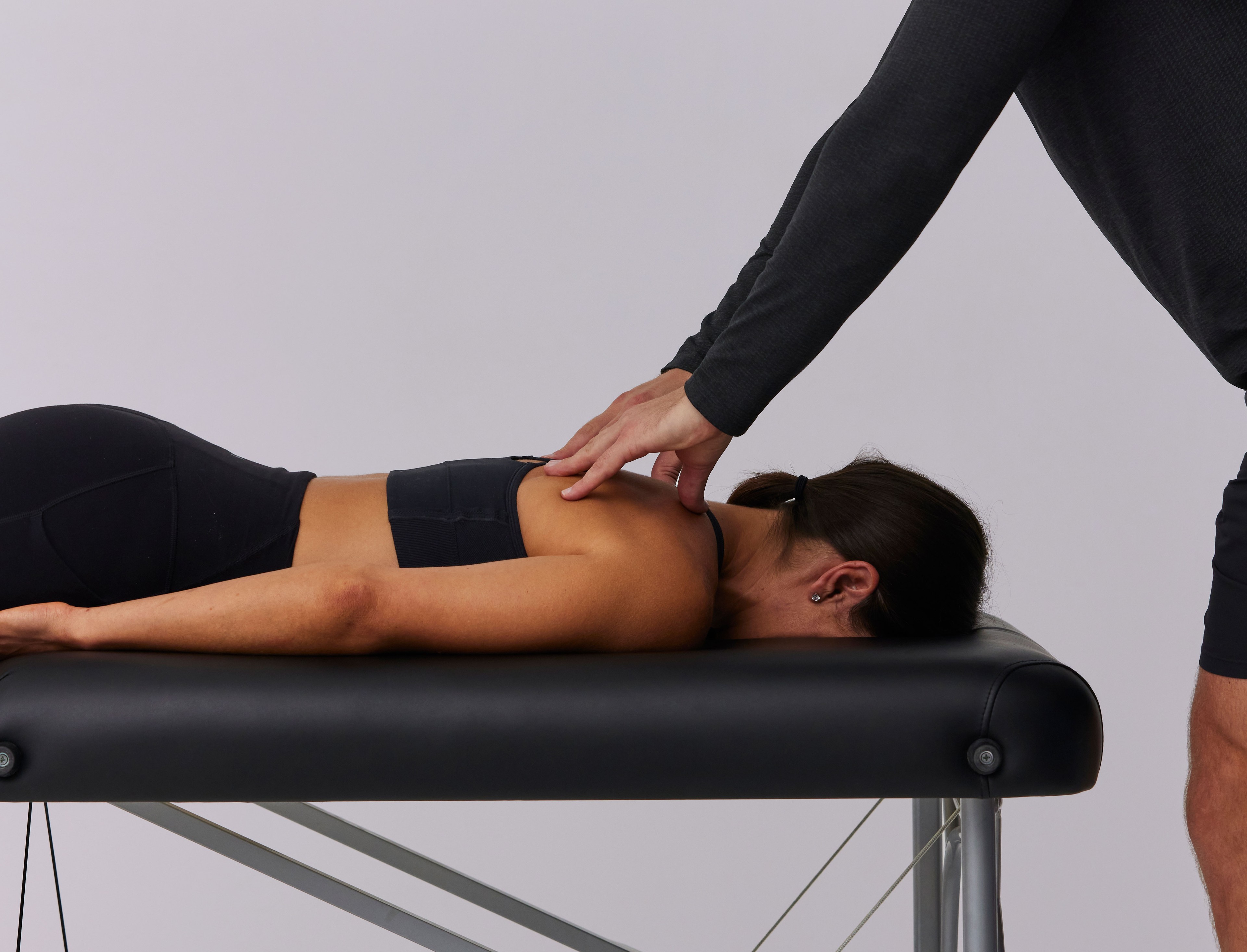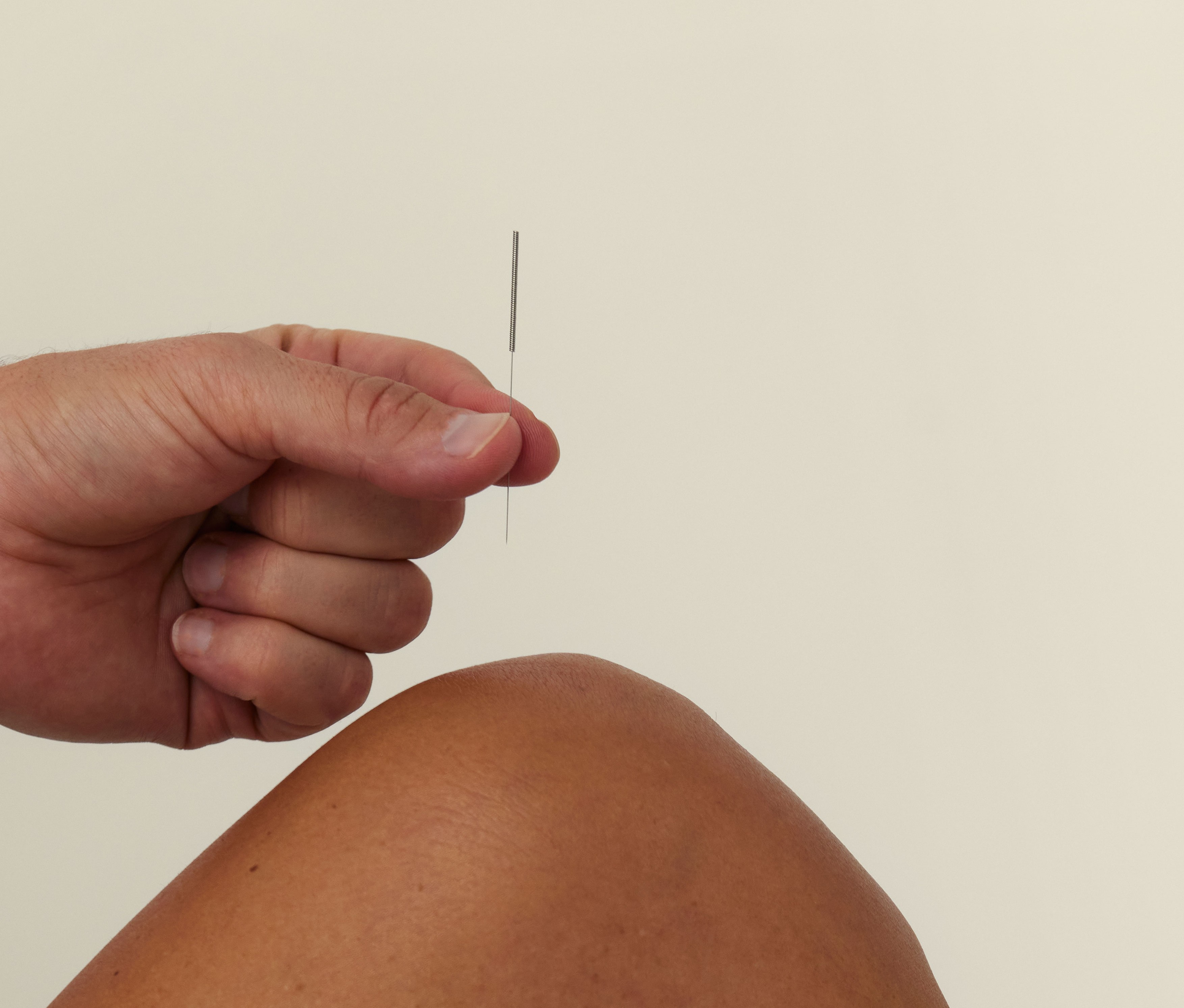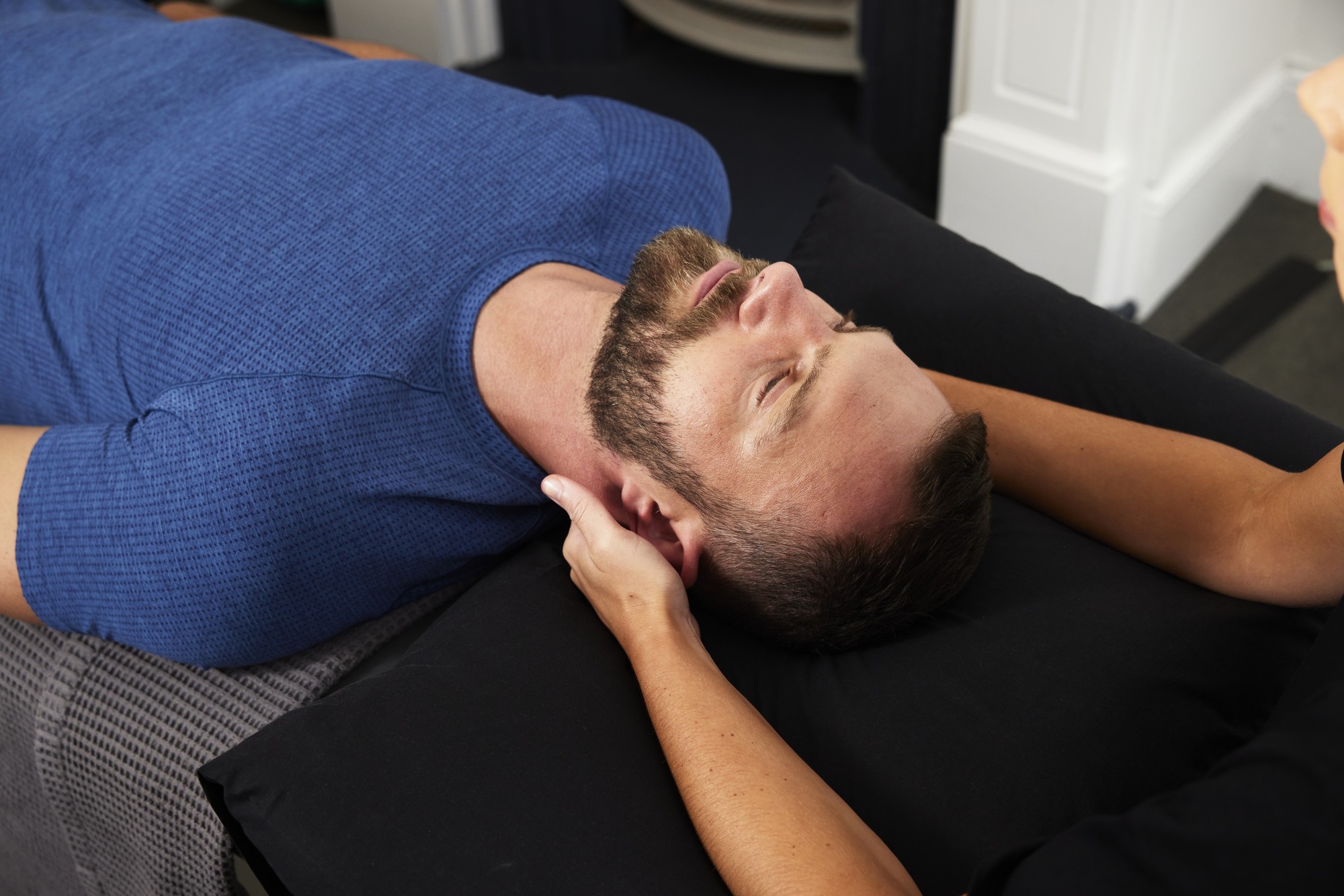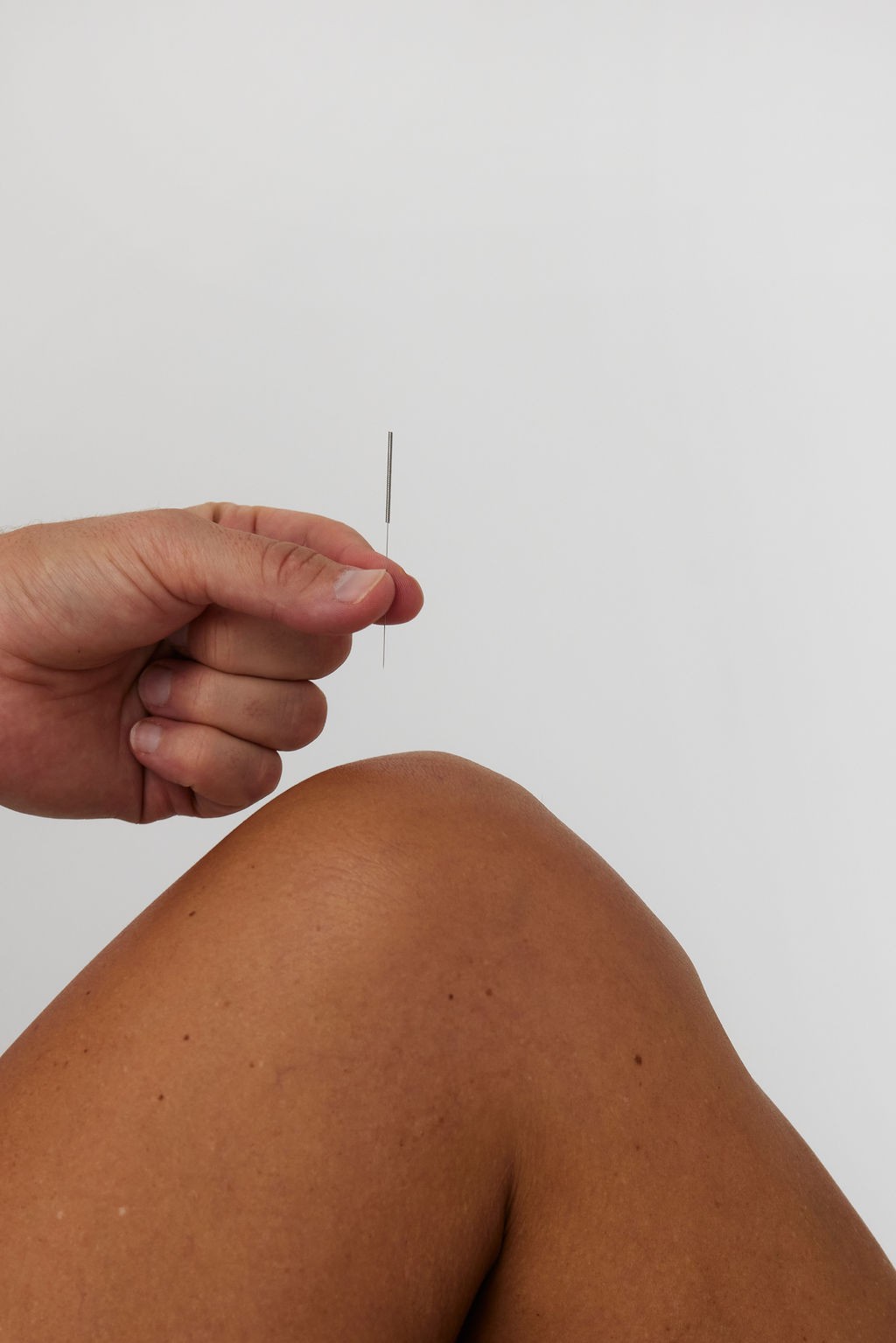Why Breathing Matters More Than You Think
Take a deep breath in… and out. Breathing is something we do over 20,000 times a day without giving it much thought. But what if we told you the way you breathe could be affecting your energy, your posture, your performance, and even your stress levels? At The Urban Physio, we’re big believers in getting the basics right — and breathing well is one of the most powerful ways you can support your health from the inside out.

Take a deep breath in… and out.
Breathing is something we do over 20,000 times a day without giving it much thought. But what if we told you the way you breathe could be affecting your energy, your posture, your performance, and even your stress levels?
At The Urban Physio, we’re big believers in getting the basics right — and breathing well is one of the most powerful ways you can support your health from the inside out.
So, what exactly does breathing do?
Beyond the obvious (keeping us alive), breathing plays a key role in several important systems:
- Nervous system regulation: Slow, controlled breathing activates the parasympathetic nervous system — the "rest and digest" mode. This helps reduce stress and promote a calm, clear mind.
- Posture and core stability: The diaphragm (our main breathing muscle) also helps support posture and trunk alignment — especially during movement and load-bearing tasks.
- Physical performance: Efficient breathing supports better oxygen delivery and carbon dioxide removal, improving VO₂ max. This is key for anyone wanting to run faster, train longer, or recover better.
- Cellular function: Every cell in your body depends on oxygen to work well. When breathing is compromised, so is your energy and vitality.
What happens when breathing goes off-track?
We often see clients who’ve developed less-than-ideal breathing patterns without realising it. Over time, these habits can interfere with your physical, mental, and emotional wellbeing.
Some common breathing dysfunctions include:
- Shallow breathing: Using the upper chest and neck muscles instead of the diaphragm. This can lead to neck tension, fatigue, poor posture, and even contribute to feelings of anxiety.
- Mouth breathing: While sometimes necessary (e.g. during heavy exercise), habitual mouth breathing reduces air filtration and moisture — which can impact oxygen efficiency and immune function.
- Over-breathing or hyperventilation: Breathing too fast or too deeply can cause symptoms like dizziness, tightness, muscle cramps, and increased stress.
How physiotherapy can help
The good news? Breathing is something you can retrain — and physio can help you do just that.
Here at The Urban Physio, we take a holistic approach to breathing. Our team assesses not just your breathing mechanics, but also the lifestyle factors that could be influencing your patterns — including sleep, stress, posture, and exercise habits.
We might use tools like:
- Manual and movement assessments to observe how your body and diaphragm are working.
- Pulse oximetry or spirometry (depending on your needs) to look at oxygen levels and lung function.
- Exercise integration — coaching you to coordinate breathing with movement for better strength, mobility, and endurance.
- Breathing retraining — tailored strategies to help you use your diaphragm more effectively.
- Stress reduction techniques such as box breathing, mindfulness, and movement-based calming strategies.
If needed, we’ll also refer you to — or work alongside — specialist respiratory physiotherapists to make sure you’re getting the best care possible.
Breathe better, feel better
Whether you’re dealing with anxiety, tightness through your neck and shoulders, or just want to optimise your performance, don’t overlook the power of your breath.
We’re here to help you reconnect with this underrated superpower — and support you to move, feel, and live better.
Ready to get started? Book an appointment with our team today.
